Anna Świrszczyńska-Poet of the Warsaw Uprising
Anna Świrszczyńska (also known as Anna Swir) (1909–1984) is an important Polish poet. While her body of work deals with numerous themes, she is especially noted for writing about her experiences during World War II
-
Anna Świrszczyńska (also known as Anna Swir) (1909–1984) is an important Polish poet. Her body of work deals with numerous themes, but she is especially noted for writing about her experiences during World War II, motherhood, the female body, and sensuality.
Świrszczyńska was born in Warsaw and grew up in poverty as the daughter of an artist. Out of necessity, she began to work at an early age. As a university student, she was able to support herself and studied medieval Polish literature. In the 1930s she worked for a teachers’ association, served as an editor, and began publishing poetry. It was at this time that she also began to publish her own poems.
During the Nazi occupation of Poland in World War II, she joined the Polish resistance movement. She wrote for underground publications. During the Warsaw Uprising, she served as a front-line military nurse; in that battle, she saw the city leveled and 250,000 Poles die. She was captured and sentenced to death. Her execution was scheduled; however, approximately an hour before the death sentence was to be carried out, she was spared.
Czesław Miłosz writes of knowing her during this time and has translated a volume of her work. Her experiences during the war strongly influenced her poetry. In 1974 she published Building the Barricade, a volume which describes the suffering she witnessed and experienced during that time.
After the end of the war, she lived in Krakow. In addition to poetry, she also wrote plays and stories for children and directed a children’s theater.
Świrszczyńska died from cancer in 1984.
Her poems have been collected in English translation in Building the Barricade (1974), Happy as a Dog’s Tail (1985), fat like the sun (1986), and Talking to My Body (1996), translated by Czeslaw Milosz and Leonard Nathan.
Świrszczyńska's poems about war and death use direct, simple language. In Building the Barricade she includes a section called “Poems about My Father and My Mother,” which affectionately describes scenes of her parents. Świrszczyńska also wrote candidly and passionately about the female body; in his introduction to Talking to My Body, Milosz identified her central theme as “Flesh. Flesh in love and ecstasy, in pain, in terror, flesh afraid of loneliness, giving birth, resting, feeling the flow of time or reducing time to one instant.” Eva Hoffman, reviewing Happy as a Dog’s Tail for the New York Times, commented on Świrszczyńska's adept depictions of erotic love: “The quick, decisive strokes in which she registers moments of meeting, coupling or parting are almost abstract in their lack of surface detail, but they give us glimpses of a turbulent, even ferocious internal life.”
Świrszczyńska's awards include the Krzyz Kawalerski Oderu Odrodzenia Polski (1957), Krzyz Oficersk Orderu Odrodzenia Polski (1975), Nagroda miasta Krakowa (1976), and Medal Komisji Edukacji Narodowej.
-
The Last Polish Uprising We lament the hour when it all began, when the first shot was fired.
We lament the sixty-three days and sixty-three nights of battle. And the hour when everything ended.
When the place where a million people had lived became the emptiness of a million people.
The Rats Remain In this city there are no more people.
Sometimes a cat with burnt eyes crawls out from an alley to die.
Or a rat scuttles to the other side of the street.
Or the wind moves a page in a book on the pavement and knocks the window with the glinting shard of glass.
Thoughts of a Fourteen-year-old Nurse If all the bullets in the world hit me, then they couldn’t hit anybody else.
And let me die as many times as there are people in the world, so that they wouldn’t have to die, even the Germans.
And let nobody know that I died for them, so that they wouldn’t be sad.
When We Wake Up in the Morning How good that it happened how good that it’s already over. Thank you, sweetheart, For these two joys.
Now my body is light and my soul pure. Dry-cleaned of lust I have a violent craving, like an asthmatic for air, for tasks that are hard, for hard human work.
My head wants to work and my hands, I have been created for work, not for pleasure. I am strong, I can carry
burdens, as do the strong
To Shoot Into The Eyes of a Man i.m. Wiesiek Rosiński
He was fifteen, the best student of Polish. He ran at the enemy with a pistol.
Then he saw the eyes of a man, and should’ve fired into those eyes. He hesitated. He’s lying on the pavement.
They didn’t teach him in Polish class to shoot into the eyes of a man.





















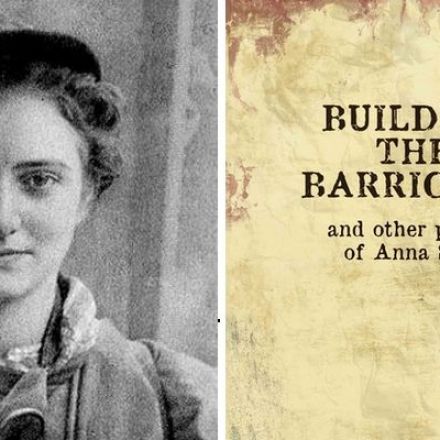
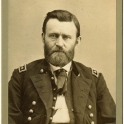

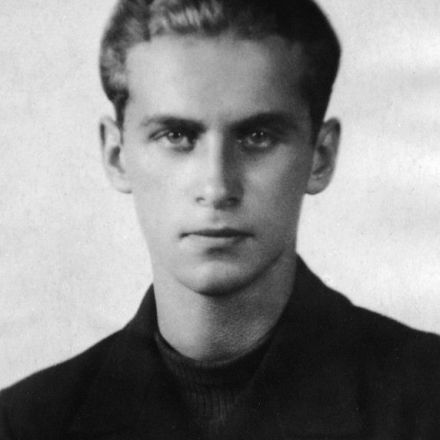
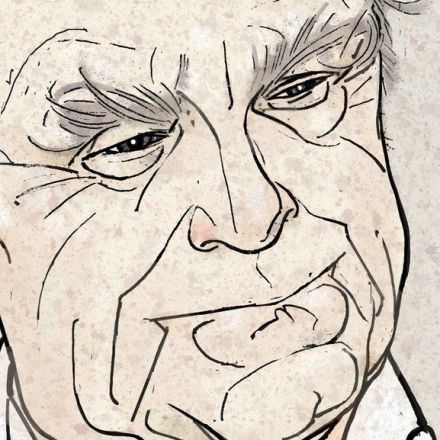
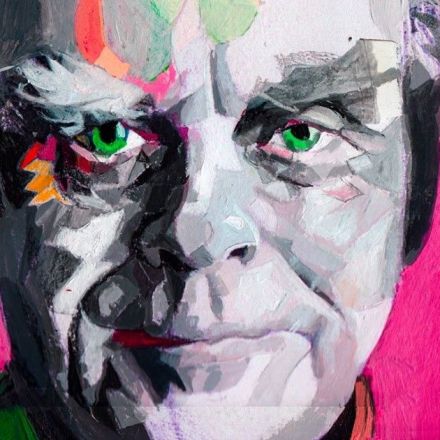
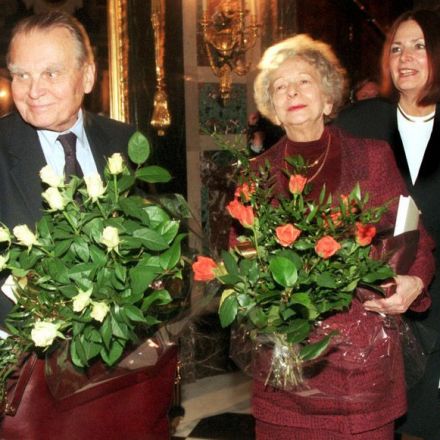
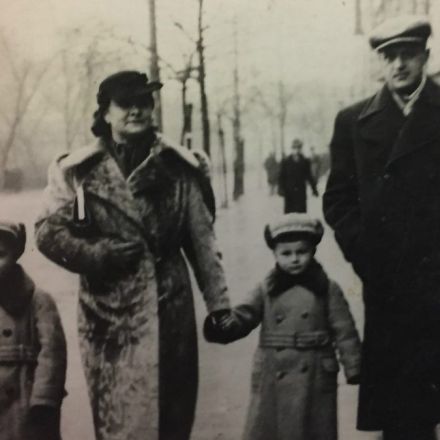
Join the Discussion
Also very beautiful. It's amazing that something as ugly and brutal as war can be the source for such poetry.